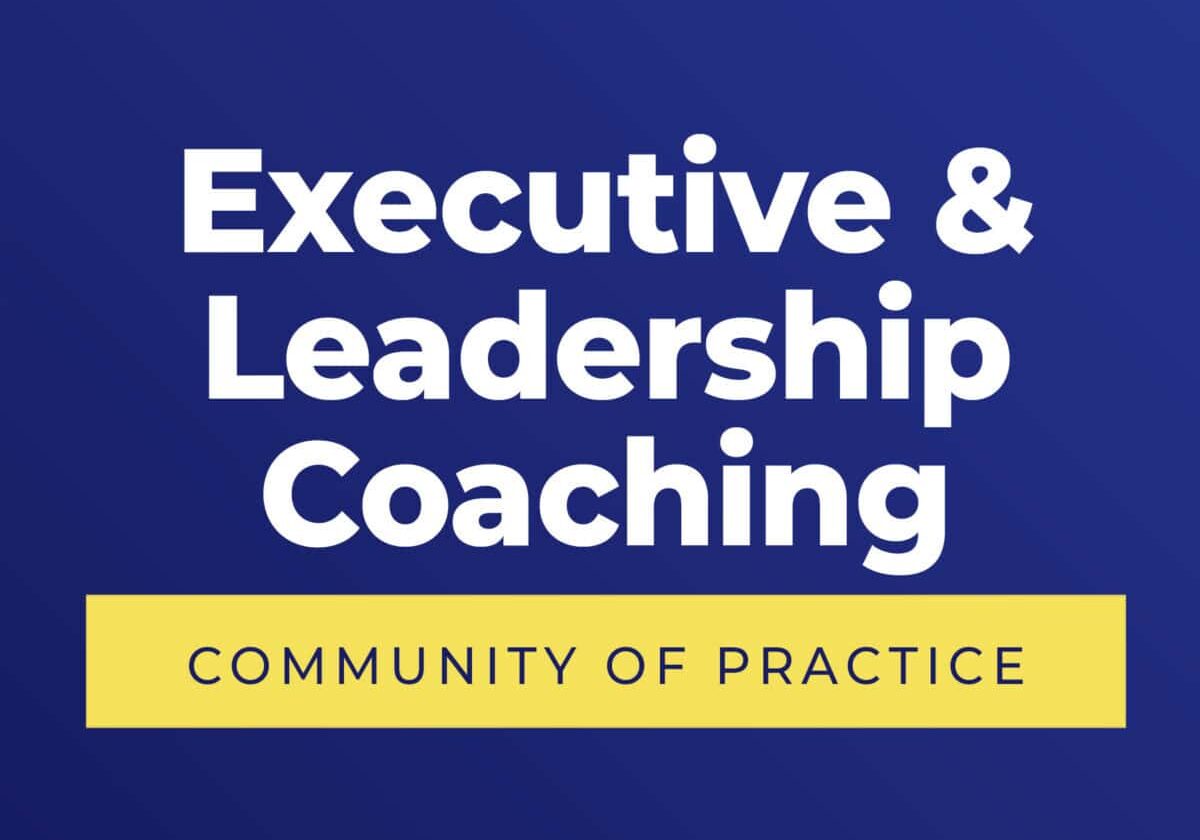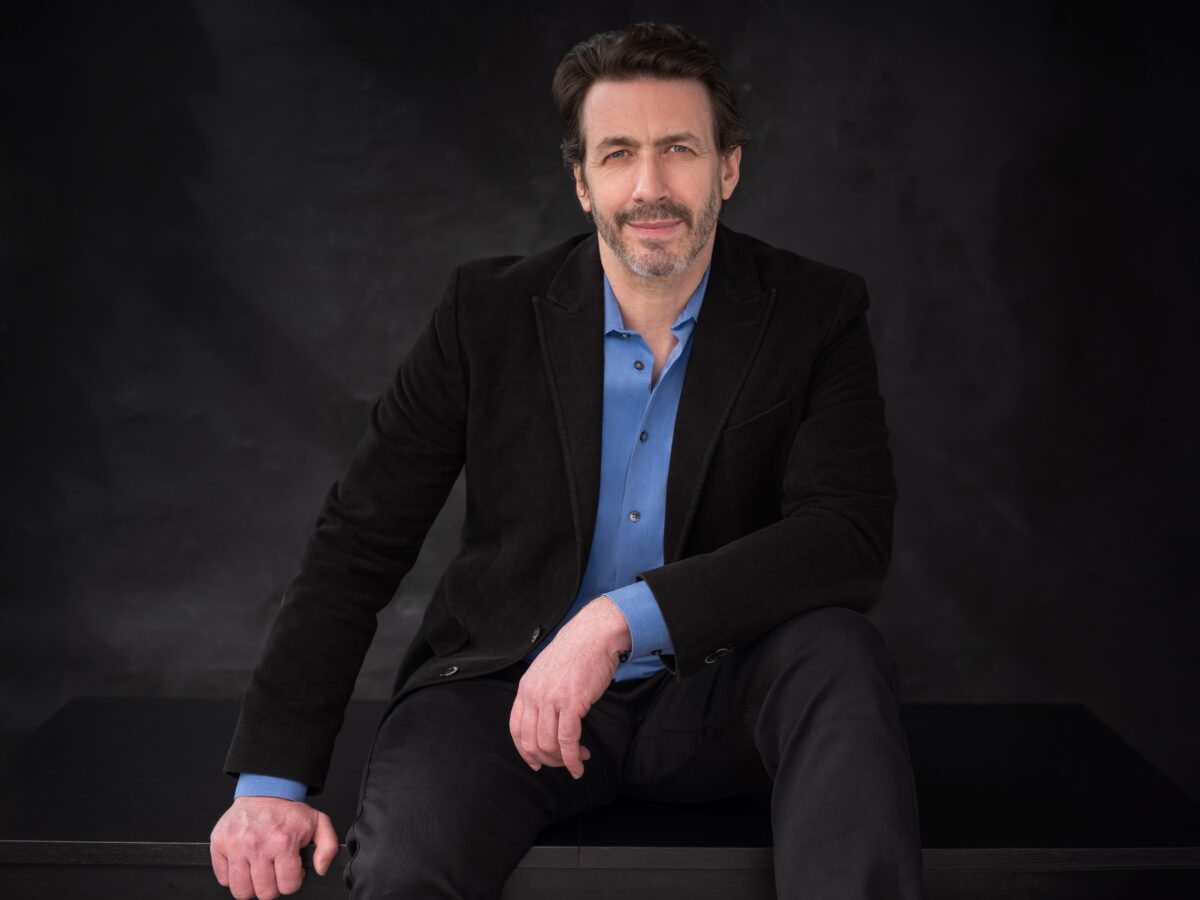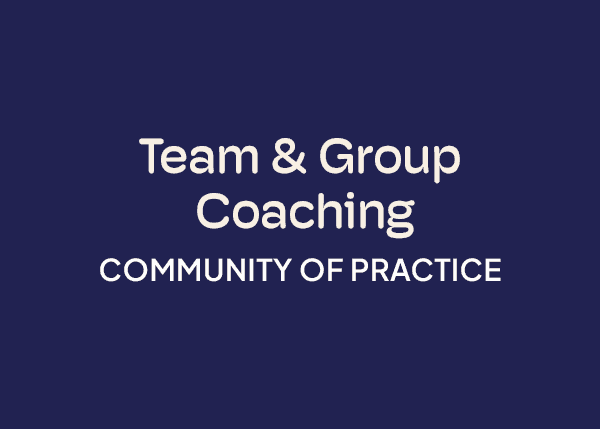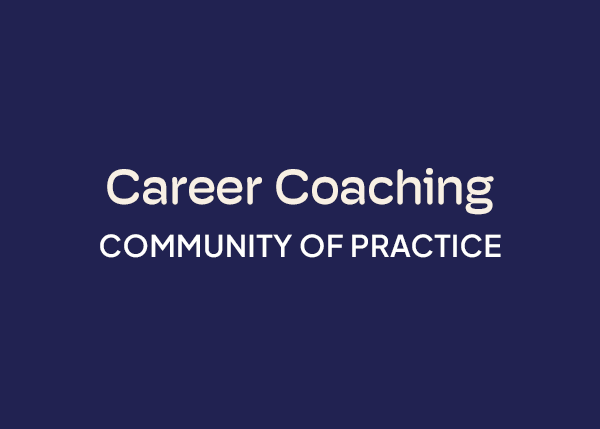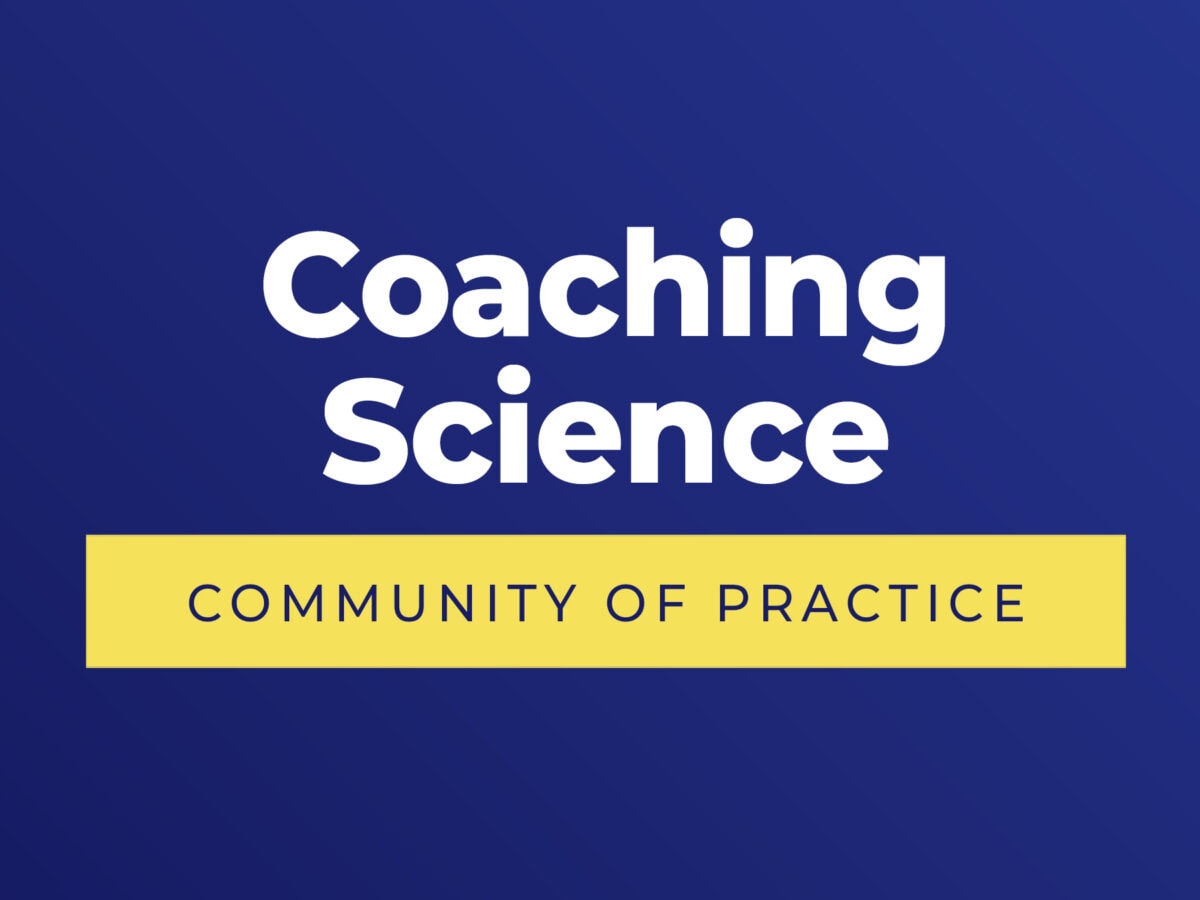Join us for an interactive presentation, Radical Listening for Coaches, where you’ll explore this familiar skill from new angles that will enhance your coaching. Completing this learning activity is tentatively worth 1.5 units in Core Competencies.
Who Is This For?
- Experienced coaches looking to sharpen their professional skills.
- Newer coaches who are eager to understand coaching excellence.
- Managers and leaders who want to listen better.
- Coach educators and mentors who want to have more sophisticated conversations about coaching.
What You Will Learn
- Name 3 common obstacles to listening.
- Describe the connection between motivation and listening.
- Explain the relation of professional expertise to noticing.
- Define “intellectual humility”.
Course Details
As a group, professional coaches tend to be good listeners. Listening is so central to what we do, in fact, that it is one of our core competencies. This does not mean, however, that we can improve! In this interactive session, Dr. Robert Biswas-Diener invites you to reexamine listening from new angles.
The session will begin with a positive provocation: that even the best coaches are occasionally distracted, impatient, or suffer some obstacle to optimal listening. We will explore some of the most common obstacles to listening and reflect on our own listening habits.
We will then move on to a core idea: that listening is a motivated action. Here, we will reflect on some distinct motives and how each guides listening in subtly different ways. We build on this notion by introducing a skill closely related to coaching presence: noticing. There will be experiential opportunities to reflect on the process of noticing and better understand its link to listening.
Speakers
Topics
Communities of Practice
- Executive & Leadership Coaching
Date
Time
Credit Type
Hours by Type
Delivery Method
Language
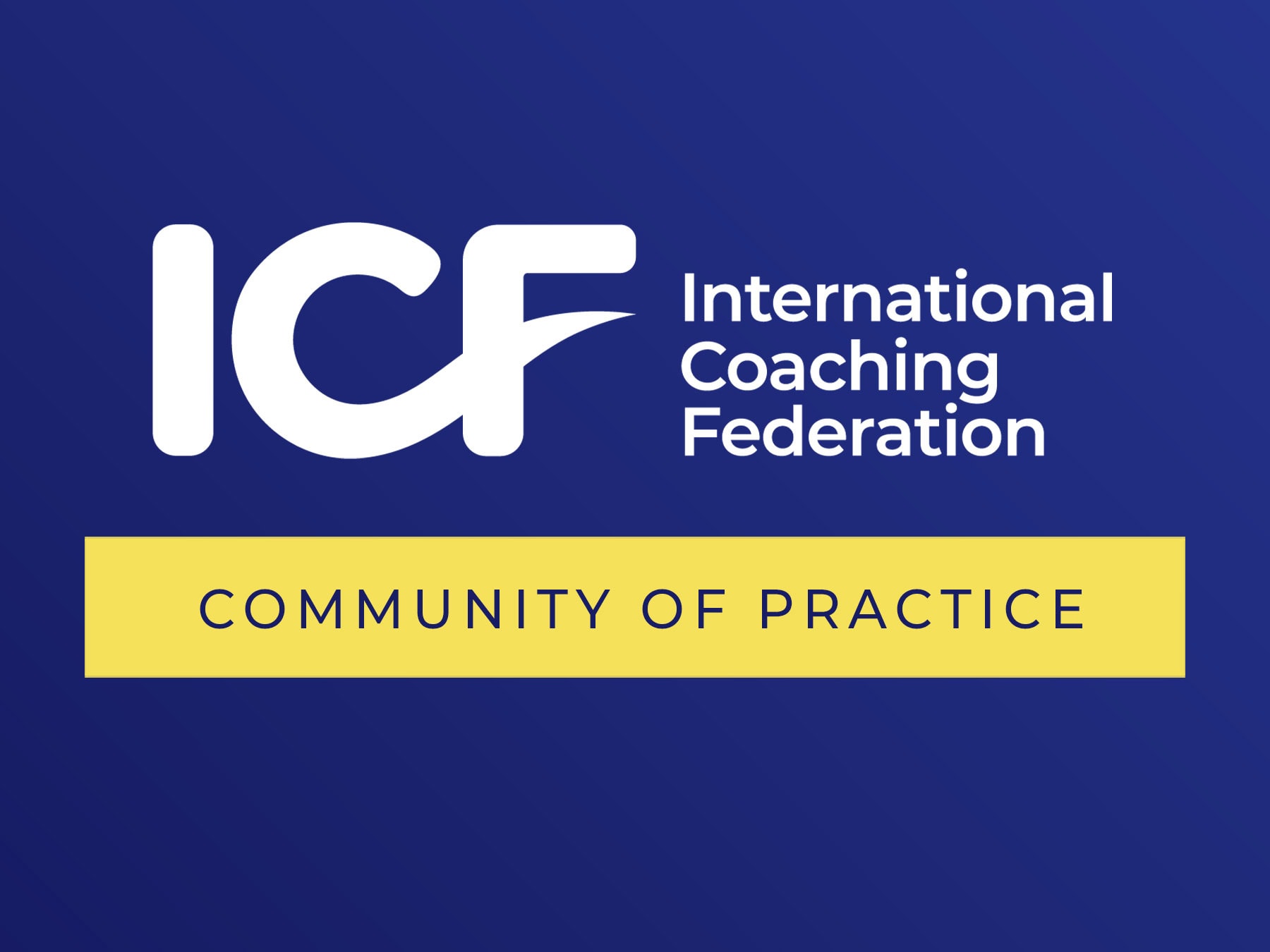
Communities of Practice
Related Events & Professional Development
The Balcony View: A Systems-Inspired Approach to Coaching
We invite you to step back from the dance of team dynamics and observe the wider system at play. In this experiential workshop, you will explore how a systems-inspired perspective helps teams and organisations access greater clarity, alignment, and creative potential. By learning to work from the “balcony view,” you will connect individual behaviours to patterns, relationships, and the broader organisational context.
ChatGPT for Career Coaches
Discover how to help your clients find their perfect career path, their most important resume keywords to beat the ATS, and their best interview prep plan of attack – all by choosing the right AI tools to complement your expertise!
What Comes After Growth Mindset
How we show up and interact, reveals what we value, what we fear, how we think and what we believe. In this session we begin by noticing. Notice how we tend to show up in conversation. We will explore four types of mindsets that influence how we engage in conversation. The characteristics produce an energetic signature. Our mindset influences tone, timing, and ultimately then, how others perceive our trustworthiness. By applying several of the ICF sub-competencies, learn how to notice when a judgement arises and pause to allow curiosity to bubble up so we can generate new awareness that is the seed of evolution. The session offers an opportunity to match mindset traits with a specific business context, key relationship(s), and professional experience, applied first to self and second to your client context.
